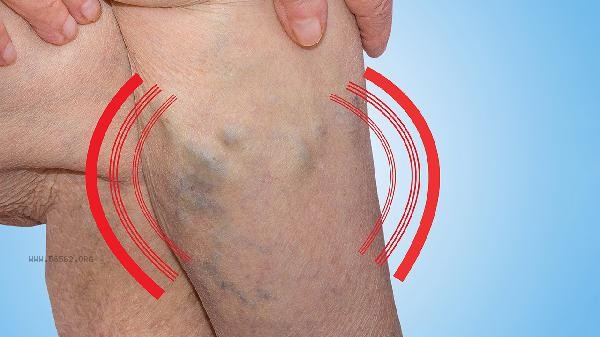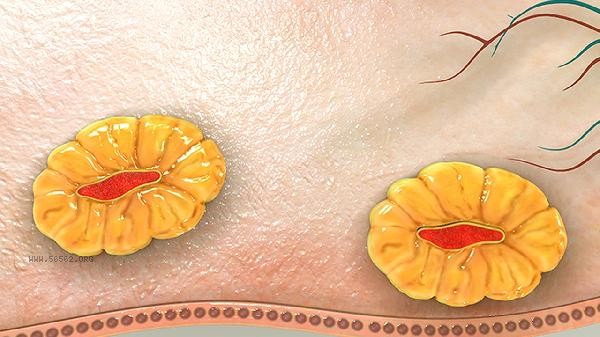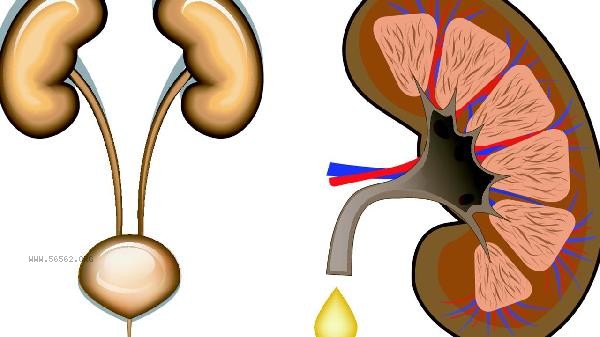Phosphatidylcholine itself does not directly cause vascular blockage, but excessive intake may indirectly increase vascular risk through mechanisms such as increasing triglycerides, promoting low-density lipoprotein oxidation, affecting cholesterol metabolism, inducing inflammatory reactions, and interfering with coagulation function.

1. Elevated triglycerides:
During the metabolism of phospholipids, fatty acids are released, and excessive intake may lead to an increase in triglyceride levels in the blood. High triglycerides will promote the deposition of lipids in the vascular wall and accelerate the process of atherosclerosis. It is recommended to control the daily intake of lecithin rich foods such as nuts and egg yolks, and regularly monitor the four indicators of blood lipids.
2. LDL oxidation:
The polyunsaturated fatty acids in lecithin are prone to lipid peroxidation under oxidative stress. The oxidized LDL is more likely to be swallowed by macrophages to form foam cells, which is the core component of arterial plaque. Supplementing with antioxidants such as vitamin E can reduce such risks.
3. Abnormal cholesterol metabolism:

Phosphatidylcholine, as a cholesterol emulsifier, may interfere with the liver's metabolic balance of cholesterol in excess. When the ratio of phospholipids to cholesterol is imbalanced, free cholesterol is prone to deposit in the vascular endothelium. This situation is common among people who consume a large amount of lecithin supplements for a long time.
4. Activation of inflammatory response: Some phospholipids metabolites such as lysophosphatidylcholine have pro-inflammatory properties and can activate the inflammatory signaling pathway of vascular endothelial cells, leading to increased vascular permeability and monocyte infiltration. Chronic inflammation is a key link in the development of atherosclerosis.
5. Coagulation dysfunction:
Platelet activating factors generated by phospholipid metabolism may enhance platelet aggregation ability while inhibiting fibrinolysis activity. This procoagulant state increases the risk of thrombosis. For patients with a history of cardiovascular disease, special attention should be paid to the interaction between lecithin intake and anticoagulant drugs.
To maintain a balanced intake of phospholipids, attention should be paid to dietary combinations, with no more than 2 eggs per day and 100-150 grams of soy products, avoiding additional supplementation of high-purity lecithin preparations. It is recommended to consume omega-3 fatty acids with deep-sea fish, choose monounsaturated fatty acid edible oils such as olive oil, and engage in 150 minutes of moderate intensity aerobic exercise per week. Individuals aged 40 and above should undergo annual carotid ultrasound and coronary artery calcification scoring examinations to promptly detect vascular abnormalities. The preferred cooking method is steaming instead of frying to reduce the damage of oil oxidation products to blood vessels.










Comments (0)
Leave a Comment
No comments yet
Be the first to share your thoughts!